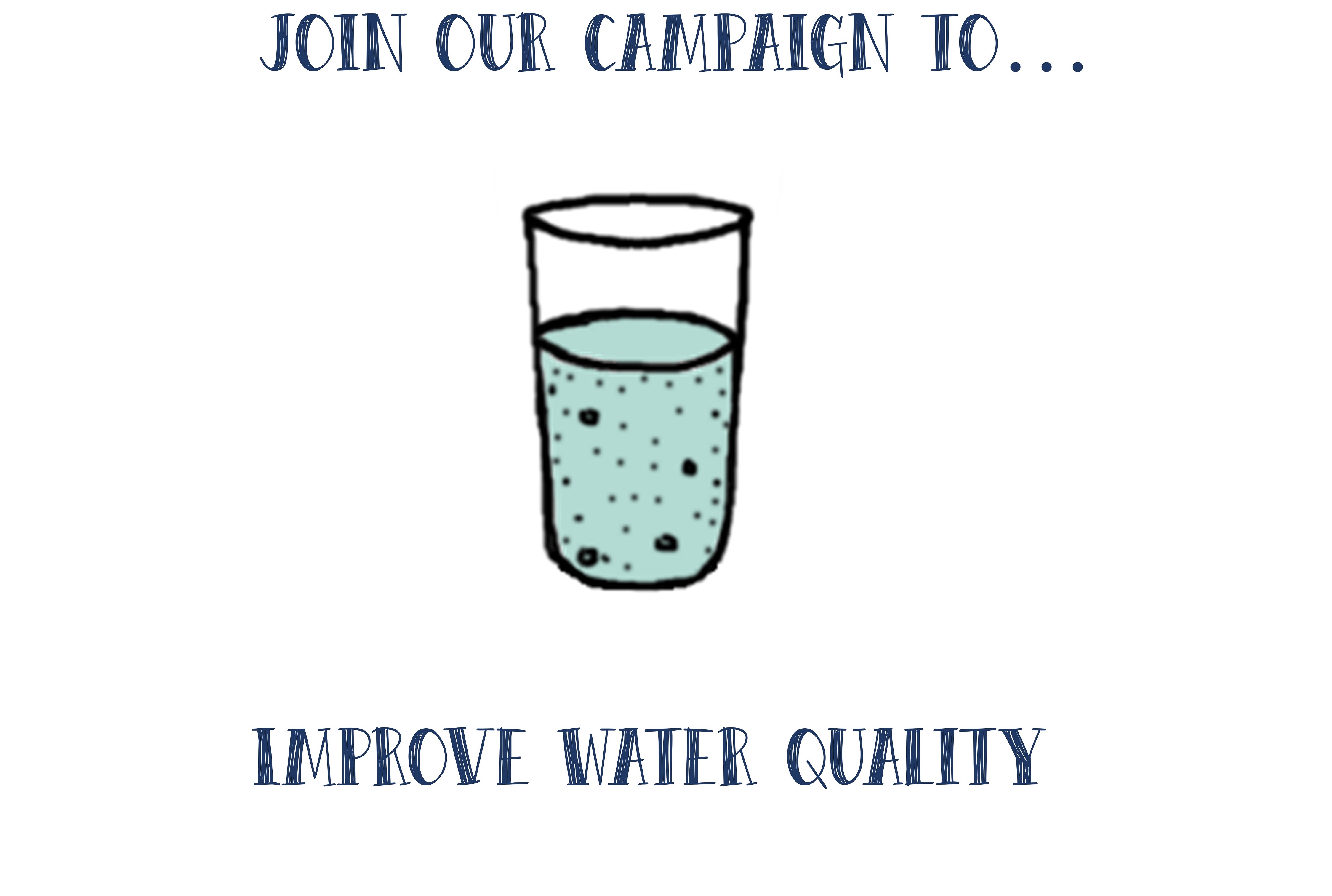–
Shockingly, only 17 % of our UK rivers are considered ‘healthy’ by the Environment Agency. Poor water quality is damaging aquatic ecosystems, reducing fish populations, adding to water treatment costs and reducing our enjoyment of these beautiful environments. Poor water quality; it’s our biggest bugbear at the Westcountry Rivers Trust and there are plenty of ways you can lend a hand.
Become a Citizen Scientist – Already, we are seeing an army of Citizen Scientists heading to the riverside to gather information about their local rivers. By joining our Westcountry CSI programme we will give you the tools needed to detect signs of healthy – or unhealthy – rivers and streams. By sending us your observations, photos, wildlife sightings and evidence of pollution we can build up a picture of what’s going in on in our rivers and decide where needs more attention.
Don’t put fats and oils down sink – Pouring excess fats down the sink can lead to blocked sewers and pollution of our rivers and beaches. An empty margarine tub can find new life as a ‘fat trap.’ Simply pour in any leftover fats and chuck in the bin when full.

Check your septic tank – If a septic tank hasn’t been emptied frequently enough, it can overflow during high rainfall and cause sewage to leak out into the river. Have a read of the government’s best practice guidelines to see how your septic tank fares. For more information, click here.
Only 3 Ps down the loo – Pee, poo and paper…anything else should probably be put in the bin so we won’t have to see it floating down the river.
Reuse water – Whether it’s a little water left in the bottom of a glass or leftover water from your soak in the bath, letting it slip into the plughole is not your only option. Why not use this water to water your house plants or in the garden?
Food waste – We’ve all been there, watching a cluster of leftover food disappear down the plughole. Sadly the decomposition of this organic matter in our rivers uses up the oxygen and so impacts ecosystems. Put it in the compost or use your brown bins instead.
